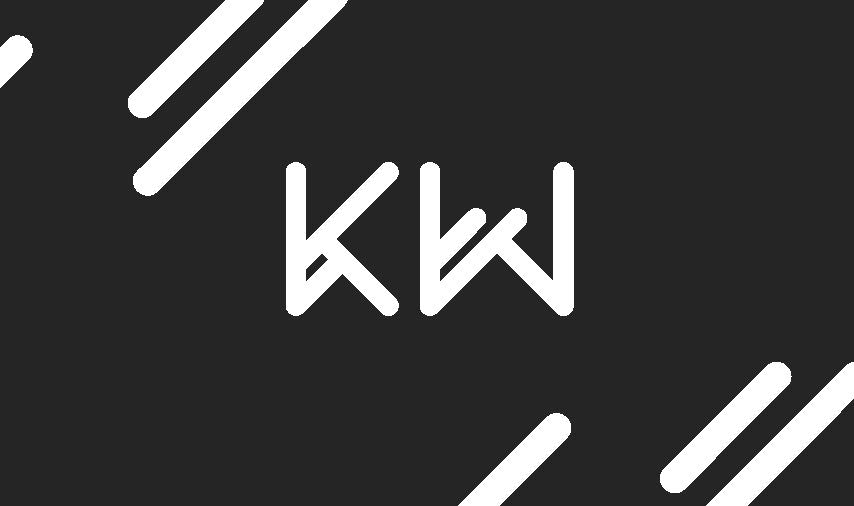TA$K Party: A Fundraiser
July 9, 2016 | Hume Chicago
Imagine an improv troupe rewriting the rules of Monopoly. Now add a room full of craft supplies, W.A.G.E.’s wo/manifesto, your friends, artwork for auction, glitter, snacks, glitter, a band, glitter, and homegrown arts organizations that need your $$$. That’s what’s up with TA$K Party: A Fundrai$er, the art game where you make it rain.
TA$K Party: A Fundrai$er utilized the procedural game TASK to provoke questions about the value of creative labor, while creatively coercing participants to labor and give $$$ to two $$$-worthy causes: the upcoming Art + Value conference and 2nd Floor Rear 2017, a sixth annual festival of art in alternative spaces.
TA$K Party: A Fundrai$er was conceived by Katie Waddell and organized by Katie Waddell, Grace Needlman, and Fontaine Capel.
Conceived by multimedia artist Oliver Herring, TASK is an improvisatory art event in which participants use provided materials to carry out a set of instructions. All TASK events rely on the same basic infrastructure: a designated area, a variety of props and materials, and the participation of people who agree to follow two simple, procedural rules: 1) to pull a task from the “TASK pool,” and, interpreting it any which way he or she wants, perform the task, and, 2) to write a new task on a piece of paper and add it to the “TASK pool.”
TASK is all about interpretation, improvisation, and creativity. TASK participants may be called upon to do something specific, like “Make a list of 20 words that describe the weather,” something physical, like “Scream silently, using your whole body,” something craftsy, like “Make someone a beautiful hat,” or something super open-ended, like “Change everything.” As tasks are performed, the provided props and materials transform, merge, and build upon one another, turning the TASK environment into a collective art installation.
That’s regular TASK. With TA$K Party: A Fundrai$er, there are a few twists:
- TA$K MA$TER$ preside over TA$K. TA$K MA$TER$ are the bankers, bosses, and bureaucrats of the land of TA$K. TA$K MA$TER$ make and change the rules of TA$K. TA$K MA$TER$ control the TA$K TOKEN$.
- TA$K TOKEN$ are the only currency accepted in the land of TA$K. TA$K players may exchange US dollars for TA$K TOKEN$ at any time during TA$K, but may not reverse the exchange (i.e. no refunds). The exchange rate is 5 TA$K TOKEN$ for one US dollar.
- Some TA$Ks are like regular TASKs and require no TA$K TOKEN$. With some TA$Ks, you might win the lottery and get more TA$K TOKEN$. Other TA$Ks are entrepreneurial--you’ll be asked to sell goods or services to other players. With some TA$Ks, you might fall on hard times and lose TA$K TOKEN$. Such is life.
- Players may spend TA$K TOKEN$ at the $TORE. The $TORE sells special TA$K supplies, TA$K costumes, and stuff you can use in the real world—gift certificates, artist-made limited editions, and artwork.
- At the end of the night, the TA$K MA$TER$ will count each player’s TA$K TOKEN$. The wealthiest 1% of players will get special prizes. Like really special prizes. God ble$$ America.
In Oliver Herring’s words, “TASK’s open-ended, participatory structure creates almost unlimited opportunities for a group of people to interact with one another and their environment. TASKs’ flow and momentum depend on the tasks written and interpreted by it’s participants. In theory anything becomes possible. The continuous conception and interpretation of tasks is both chaotic and purpose driven. It is a complex, ever shifting environment of people who connect with one another through what is around them. It is also a platform for people to express and test their own ideas in an environment without failure and success (TASK always is what it is) or any other preconceptions of what can or should be done with an idea or a material. People’s tasks become absorbed into other people’s tasks, objects generated from one task are recycled into someone else’s task without issues of ownership or permanence.”
TA$K Party: A Fundrai$er perverts TASK’s utopic environment by introducing currency and competition. If TASK is void of ownership and failure, TA$K makes both more pronounced by yoking TASK’s creative chaos to capital, encouraging financial speculation and precarity. Ultimately, TA$K Party: A Fundrai$er provides a framework for light-hearted creative play while provoking serious questions about the absurdity of arts economies and our complicity in maintaining the farce.













